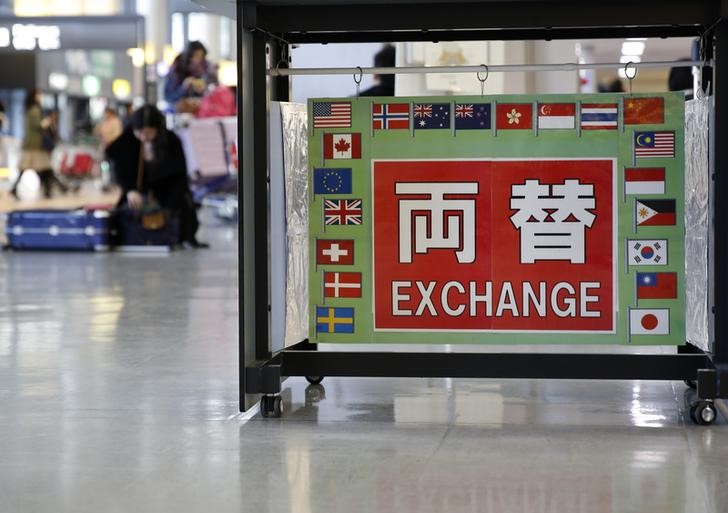
Bank of China Hong Kong Conducts Pilot Project to Test Smart Contracts in CBDC
Introduction
Bank of China Hong Kong (BOCHK) is currently conducting a pilot project to explore the potential role of smart contracts in the proposed Central Bank Digital Currency (CBDC) of Hong Kong. This project aims to leverage BOCHK’s mobile applications, BOC Pay and BOC Bill Merchant App, to integrate point-of-sale functionality and reduce technical barriers for merchants.
Pilot Participants
BOCHK employees and ten merchants from various sectors are participating in this pilot project. The objective is to eliminate the need for additional software by automatically converting customers’ prepaid funds into e-HKD through smart contracts when certain conditions are met. Chen Guang, from BOCHK’s Digital Currency Task Force, has confirmed the development of this feature.
Advancements and Experiments
This pilot project builds upon BOCHK’s previous experiments with prepaid functionalities. These experiments were conducted after the Hong Kong Monetary Authority (HKMA) initiated CBDC pilots involving offline payments and tokenized deposits in May.
In July, BOCHK took a step further by introducing cross-border functionalities, allowing Chinese tourists to use the digital yuan in Hong Kong. This move is part of a broader trend where financial institutions are exploring programmable payments. For example, HSBC Hong Kong recently conducted a study involving HKUST Business School staff and students.
Future Plans
Despite these advancements, Eddie Yue, the CEO of HKMA, has indicated that a full-scale launch of e-HKD will not proceed until key industry players have gained the necessary experience and clearance. This cautious approach ensures that the digital currency is implemented smoothly, with the involvement of experts from various sectors.
Bank of China Hong Kong’s pilot project is a significant step towards understanding how smart contracts can enhance the proposed CBDC. By integrating point-of-sale functionality and eliminating technical barriers for merchants, BOCHK aims to create a seamless and efficient digital currency experience for users. The participation of BOCHK employees and various merchants from different sectors demonstrates the broad interest in this innovative project.
As the digital landscape continues to evolve, it is crucial for financial institutions to explore new possibilities and leverage emerging technologies. The pilot project conducted by BOCHK is an exciting initiative in this direction, and it will be interesting to see how the results of this project shape the future of digital currencies in Hong Kong.